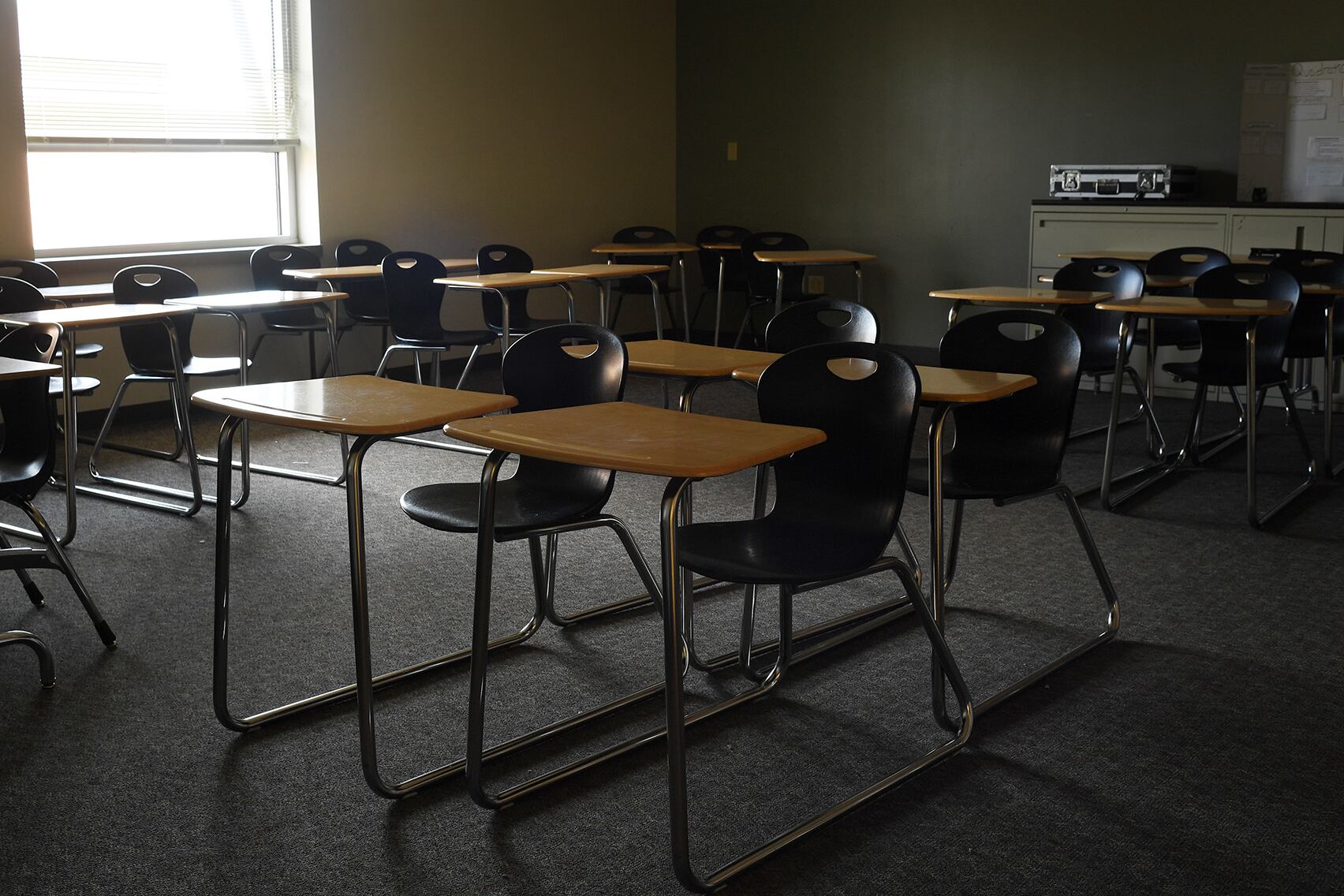The Jeffco district spent more than $45 million on upgrades to schools taking in students from the 16 elementary schools that closed at the end of last school year.
That cost includes projects that were specifically designed to accommodate the new students, but also projects that were in the works before.
Last December, district staff told the board they expected to spend up to $32 million to expand classrooms, buy new furniture, retrofit buildings that needed to accommodate students with disabilities, or create preschool classrooms.
Figures obtained by Chalkbeat through an open records request this month show the district ultimately ended up spending $45.3 million at 22 welcoming schools. But the district could not say how much of that difference is because of higher than anticipated costs, or covering the projects already in the works and not related to the school closures.
The figure includes $7.5 million specifically used to add preschool classrooms as the state rolled out universal preschool. Campbell Elementary, for instance, one of the 16 closed schools, was turned into a preschool center for the area, and had more than $3 million in upgrades. Preschool classrooms are regulated to require certain building accommodations for preschool-age children.
Jeffco schools have had declining enrollment for years. After a few sudden school closures, the district started a comprehensive plan to close several schools. The district said it would help its budget, but also was concerned about the limitations of what small schools offered students and the inequities growing from school to school. The school closures are estimated to save the district $12 million a year in ongoing operating expenses, but renovating other schools to receive those students has proved more expensive than the district expected.
Seanin Rosario, Jeffco’s executive director of finance, planning, and analysis, said the costs specifically related to accommodating more students are “most likely closer” to the $32 million estimated a year ago. “Our system was not able to track only welcoming schools’ projects because there are instances where the projects overlapped,” she wrote in an email.
Some schools that received upgrades had not initially been designated as welcoming schools. Students weren’t forced to go to any one school, and still could participate in open enrollment. So, after many students from closed schools chose a particular school, the district had to designate it as a welcoming school to provide support, including capital upgrades.
Rosario said funding for the projects came from the district’s capital reserve fund. The expenditures are one-time costs. The district is also beginning the process of deciding what to do with the closed buildings, including selling or leasing them.
Look up how much the district spent at each of the 22 schools that took in students from closed elementary schools:
Yesenia Robles is a reporter for Chalkbeat Colorado covering K-12 school districts and multilingual education. Contact Yesenia at yrobles@chalkbeat.org.







